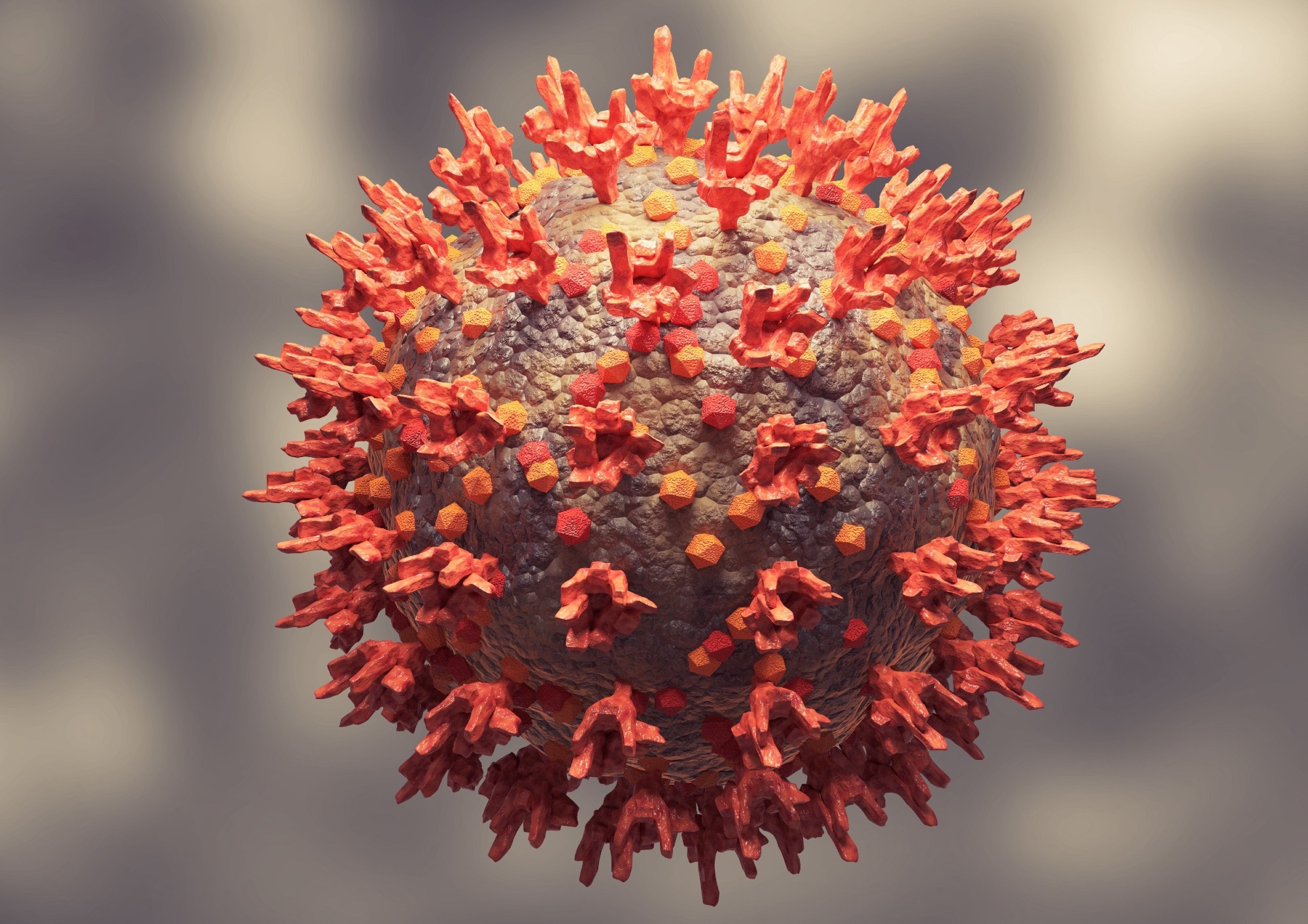In a recent study posted to the bioRxiv* preprint server, researchers conducted a seroprevalence study in the general population of Norway. They evaluated immunity against multiple subvariants of severe acute respiratory syndrome coronavirus 2 (SARS-CoV-2) Omicron variant of concern (VOC), including XBB and BQ.1.1 mutants.
 Study: Poor neutralizing antibody responses against SARS-CoV-2 Omicron BQ.1.1 and XBB in Norway in October 2022. Image Credit: Adao/Shutterstock
Study: Poor neutralizing antibody responses against SARS-CoV-2 Omicron BQ.1.1 and XBB in Norway in October 2022. Image Credit: Adao/Shutterstock

 *Important notice: bioRxiv publishes preliminary scientific reports that are not peer-reviewed and, therefore, should not be regarded as conclusive, guide clinical practice/health-related behavior, or treated as established information.
*Important notice: bioRxiv publishes preliminary scientific reports that are not peer-reviewed and, therefore, should not be regarded as conclusive, guide clinical practice/health-related behavior, or treated as established information.
Background
Before the surfacing of Omicron in November 2021, SARS-CoV-2 infections among Norwegians remained relatively low due to high vaccination rates. Almost 90% of above 18-year-olds and over 65-year-olds had received a minimum of two and three doses of vaccines, respectively, by September 2022. Omicron and its subvariants drove three new waves of coronavirus disease 2019 (COVID-19) starting in November 2021. Consequently, most Norwegians acquired immunity against SARS-CoV-2.
An assessment of the susceptibility of emerging SARS-CoV-2 variants to prior infection and vaccine-induced immunity could help predict strains with the highest potential to become predominant.
About the study
In the present study, researchers evaluated neutralizing antibodies (nAbs) against recently emerged Omicron isolates BA.2/BA.5, BF.7, BA.2.75/BA.2.75.2, BR.1 and highly transmissible recombinant mutants, BQ.1.1, and XBB.
They collected sera from two cohorts, the first comprising recipients of three doses of a messenger ribonucleic acid (mRNA) vaccine and the second having individuals with breakthrough infections (BTIs) from BA.5, BA.2, or BA.1 Omicron subvariants three to four weeks after vaccination or BTI. Additionally, they evaluated nAbs against three Omicron subvariants, BQ.1.1, XBB, and BA.5, in serum samples of a cohort of 32 individuals collected in October 2022. Their mean age was 42.6 years, and 78% were females. The team cultured and passaged the viral isolates with immune-evading mutations in VeroE6 cells twice. Using the second passaged viral isolate helped the researchers ensure the variant genotype.
Study findings
Sera from mRNA-vaccinated people combated Omicron subvariants BA.2 and BA.5; however, its neutralizing activity reduced substantially slightly against BA.2.75.2, BF.7, and BR.1. Likewise, neutralizing levels had markedly reduced against BQ.1.1 and XBB, the newer Omicron recombinant mutants. Compared to the vaccinated-only cohort, sera from individuals with BTIs with the Omicron subvariants, BA.1, BA.2, or BA.5 had higher neutralizing activity against all tested newly emerged Omicron variants. Though individuals with BA.1/BA.2 BTIs showed good neutralizing activity against BA.2.75, BA.2.75.2, and BR.1, BF.7 Omicron subvariants; XBB and BQ.1.1 mutants remained highly resistant even to their sera.
Likewise, sera from 20 of 30 individuals in the other cohort had markedly low nAbs against BQ.1.1, especially XBB. Of 32, only individuals had neutralizing titers >64 against BQ.1.1, and XBB appeared more resistant to elicited antibody responses. Thus, only four of 32 individuals had neutralizing antibody titers >64 against XBB.
Studies have established that neutralizing antibodies protect against SARS-CoV-2. However, neutralizing titers that confer adequate protection differ with the type of assay used for assessment. Gilbert et al., using a pseudotype assay, found a 91% reduced risk of contracting COVID-19 (only symptomatic) with neutralizing titers of 100 during a follow-up time window of 100 days. However, Dimeglio et al., using a live virus assay, found a 94% reduced risk of both symptomatic and asymptomatic COVID-19 cases with a neutralizing titer ranging between 64 to 128 during prolonged 275 days follow-up time.
Conclusions
To summarize, individuals with BA.5 than BA.1/BA.2 BTIs in Norway had higher neutralizing titers against XBB and BQ.1.1, most likely because of the smaller time interval since the previous infection. Since December 2022, BQ.1 and its derivative BQ.1.1 lineage have become predominant in Norway. Thus, per the current study findings, individuals with recent BA.5 BTIs might likely remain protected against these variants. However, since immunity against XBB, Omicron BA.2-derived recombinant mutant has become lower, this variant and its derivatives might lead to new waves of COVID-19 in the coming winter season in Norway.

 *Important notice: bioRxiv publishes preliminary scientific reports that are not peer-reviewed and, therefore, should not be regarded as conclusive, guide clinical practice/health-related behavior, or treated as established information.
*Important notice: bioRxiv publishes preliminary scientific reports that are not peer-reviewed and, therefore, should not be regarded as conclusive, guide clinical practice/health-related behavior, or treated as established information.